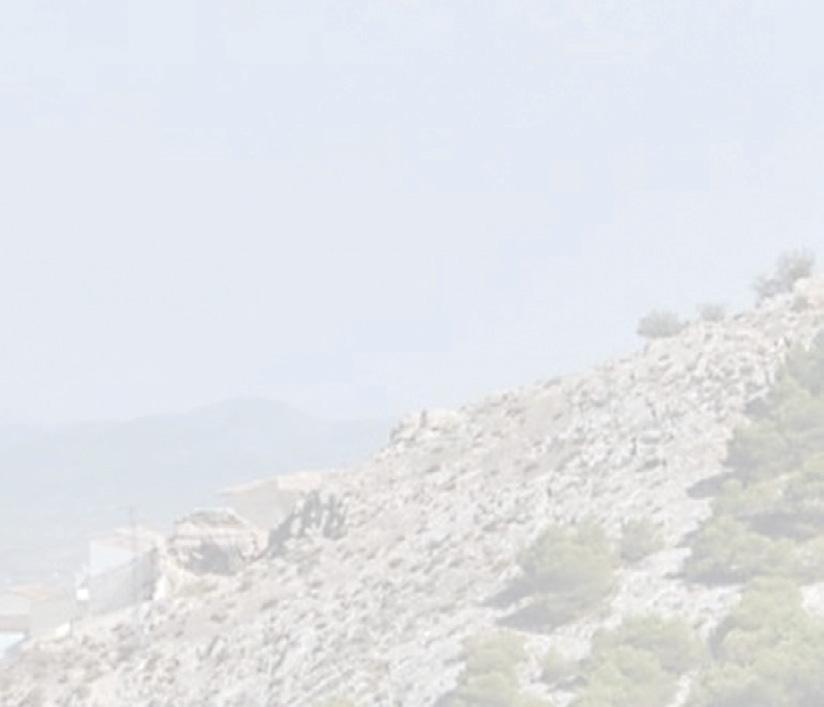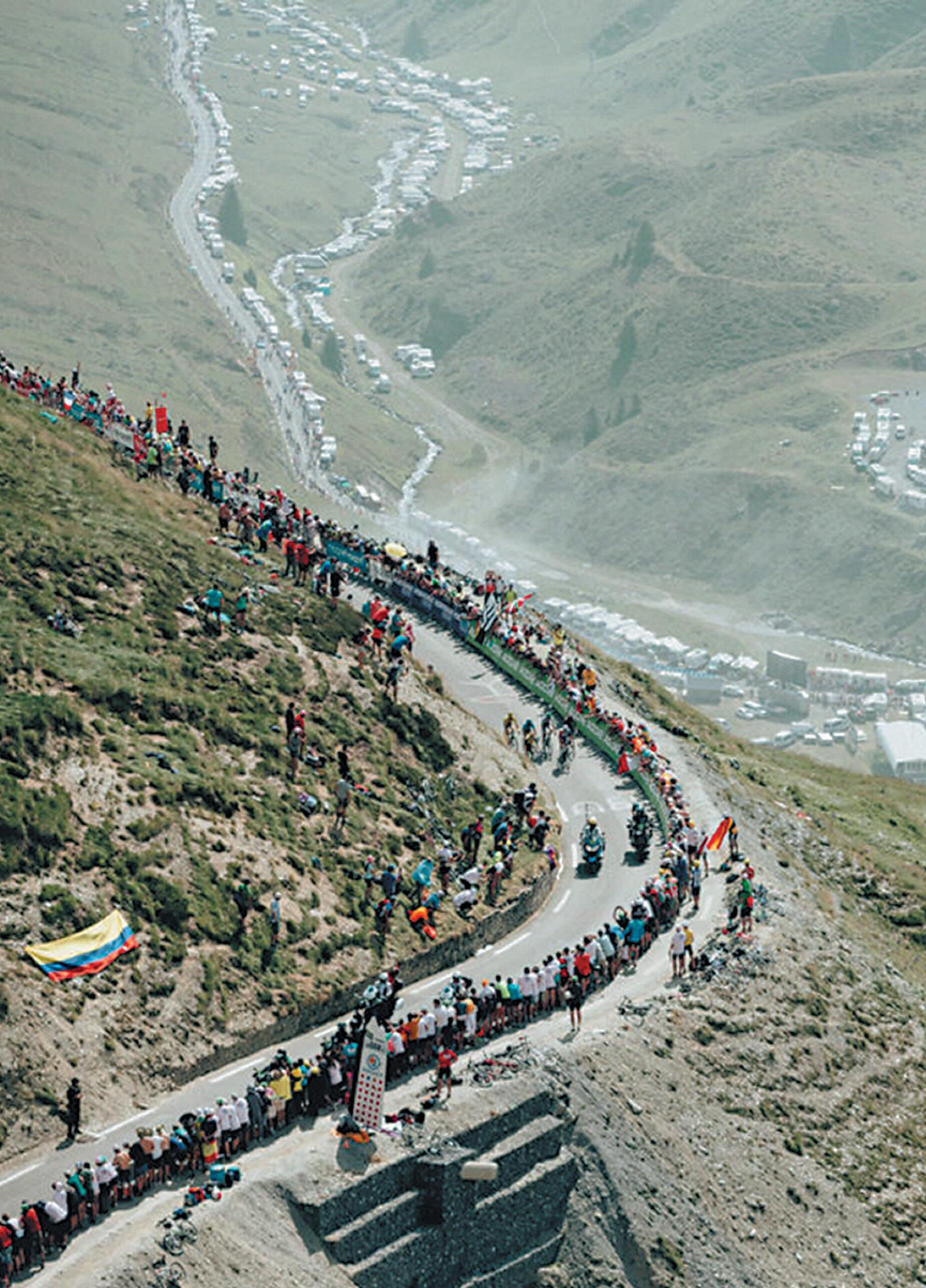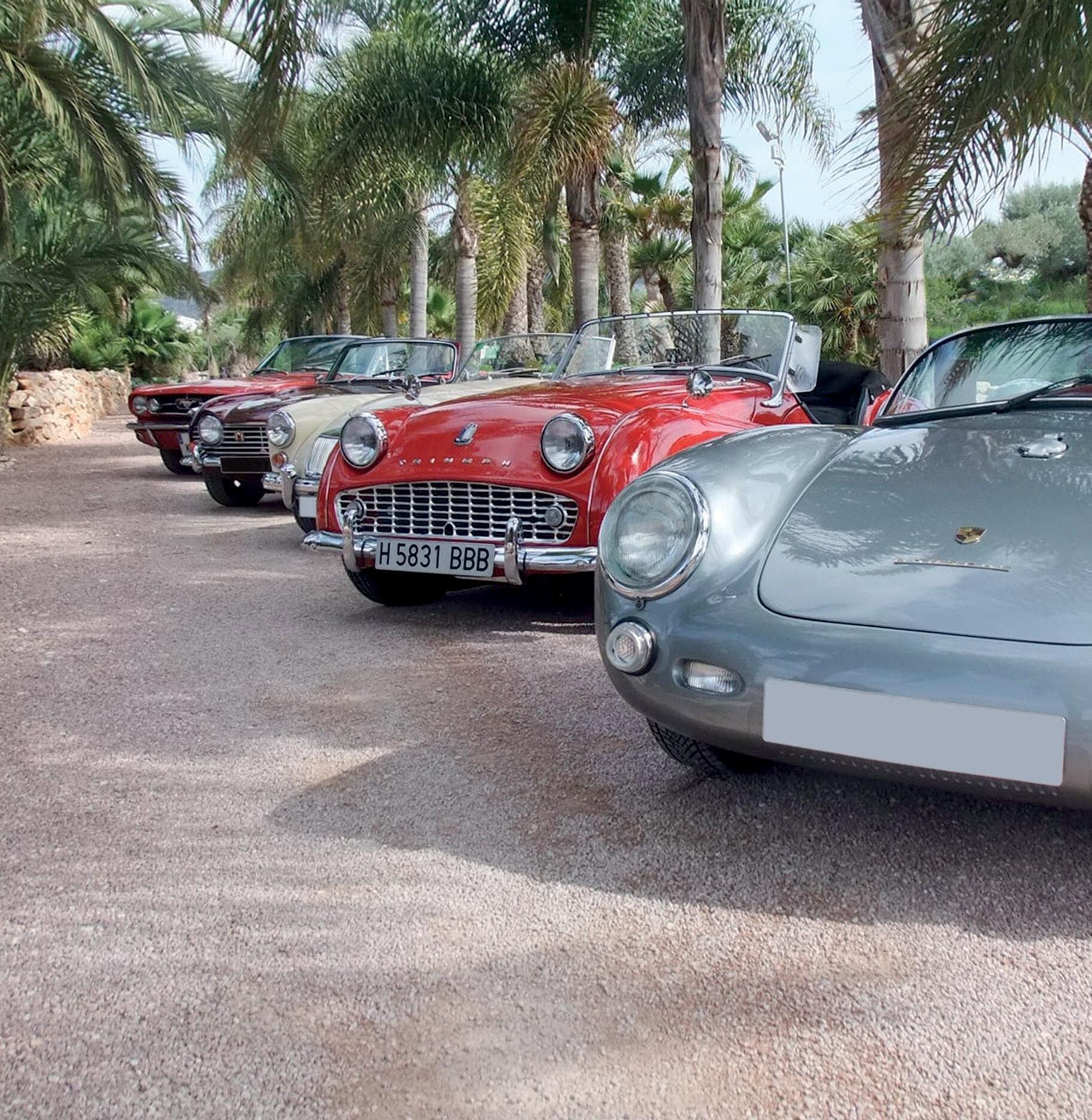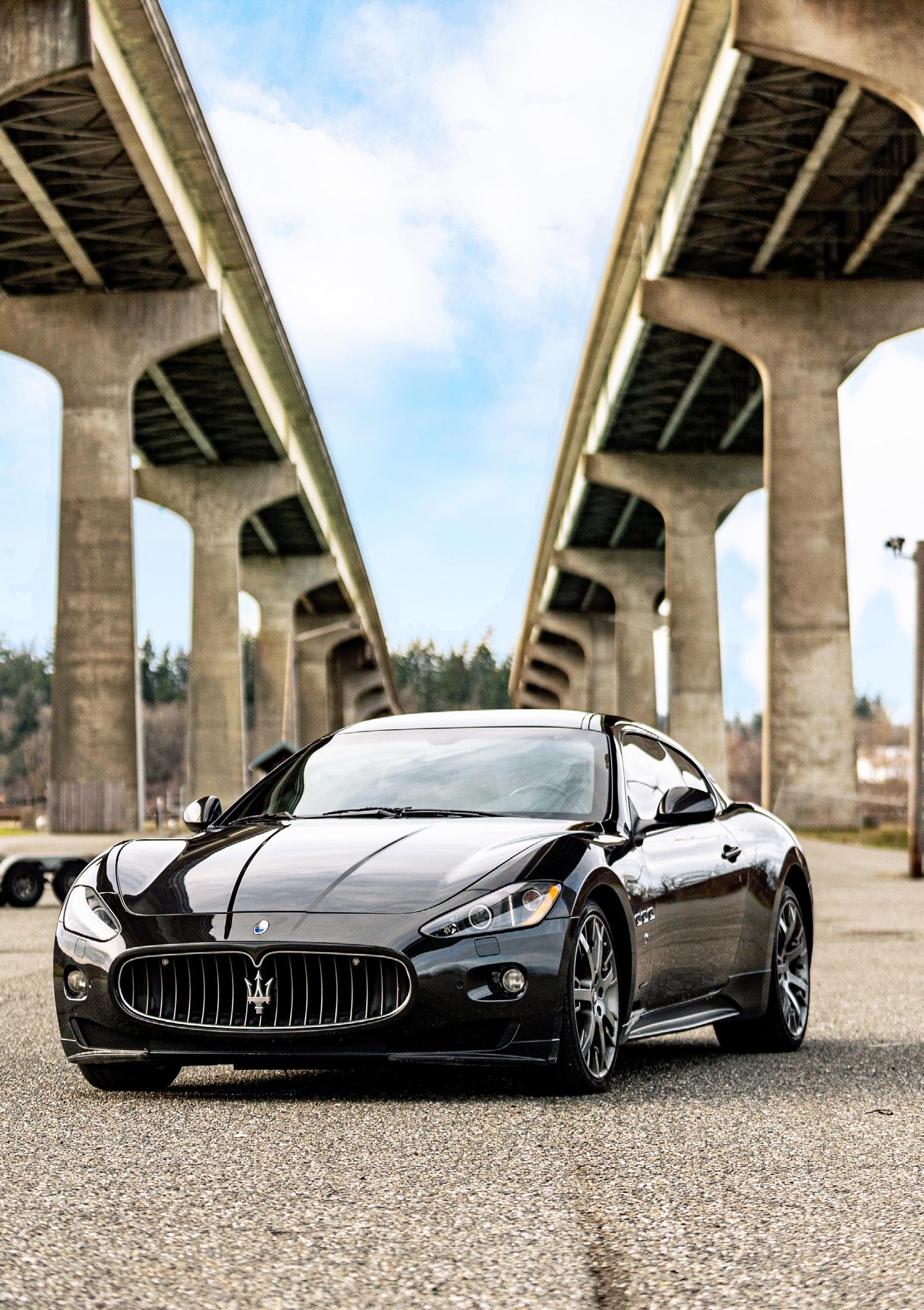
2 minute read
LA VUELTA TOUR OF SPAIN VISITS COSTA BLANCA
Pedro Angeles Editor
On 2 September the 164.8km Stage 8 of the 2023 La Vuelta will be a challenging mountain course from Dénia to Xorret de Catí. The finish climb features steep sections of up to 18% and a slightly uphill last kilometer. The strongest teams will need to control the race, but an unexpected breakaway could also decide the victory. The race will take them from Dénia to Xorret de Catí, with the final climb presenting a particularly formidable challenge. The rider who conquers this climb first is likely to be the one who wins the stage.
Advertisement

Mountains are a part of La Vuelta’s DNA and will make the 2023 edition very exciting, yet again
La Vuelta a España
La Vuelta is one of the three major Grand Tour events in professional cycling, takes place between August and September each year and attracts some of the world’s elite cyclists. The race was first organised in 1935 by a local newspaper seeking to increase circulation. The race’s first edition saw 50 riders take on the 3,411km course over 14 stages. Since 1955 La Vuelta has been held annually.
The current format of the race consists of 21 day-long stages over a 23 or 24-day period, with two or three rest days. The rider with the lowest aggregate time across all stages is declared the winner and is awarded the coveted red jersey.
2 September: Denia
The 8th stage of the Tour of Spain, which takes place on 2 September, will run 164.8km from Dénia to Xorret de Catí. From the seaside on the Costa Blanca into the mountains of Sierra del Maigmó. The final climb is an irregular monster, in which strips of 18%, a descent and a slightly ascending final kilometer dance a bizarre flamenco.
at 7.8%. The steepest stretch is 18%. After rounding the top, a descent of 2km follows and the final kilometer rises slightly.
La Vuelta last visited the Xorret de Catí in 2017, when Rafal Majka, Julian Alaphilippe, and Jan Polanc rode to the finish line, with Alaphilippe eventually claiming victory.
Intense ride
The race is likely to be intense and challenging, with a 3rd category and a 1st category climb, and the strongest teams will have to control the race. However, a victorious escape cannot be ruled out entirely, given that many riders will have already lost a lot of time. The rider who conquers the demanding slopes of Xorret de Catí in first place is likely to be the one who wins the stage. The first three riders on the line gain time bonuses of 10, 6, and 4 seconds, while the intermediate sprint comes with 3, 2, and 1 seconds.
The final climb begins with a false flat that culminates in a grueling 5km climb with 9% average gradients. After the deceptively easy start, the climb continues for a small 2km in double digits. Only just below the top does the ascent level off slightly, although it still continues to increase
While Calpe is famous for being the destination of choice for many pro-cycling teams preparing for the season, Dénia and cycling is a less obvious combination. The last time that La Vuelta visited the Valencian beach town was in 1990, when the race went to Murcia and Silvio Martinello sprinted to triumph.
The 8th stage of La Vuelta promises to be a challenging and exciting event that will test the endurance and skill of the world’s elite cyclists.
The majority of tourists who go to watch the peloton ride by are from Spain. Specifically, 98% of visitors are nationals and travel an average of 130 kilometres to watch a stage of La Vuelta live. One out of every four tourists also spends the night in the locality they are visiting.






















